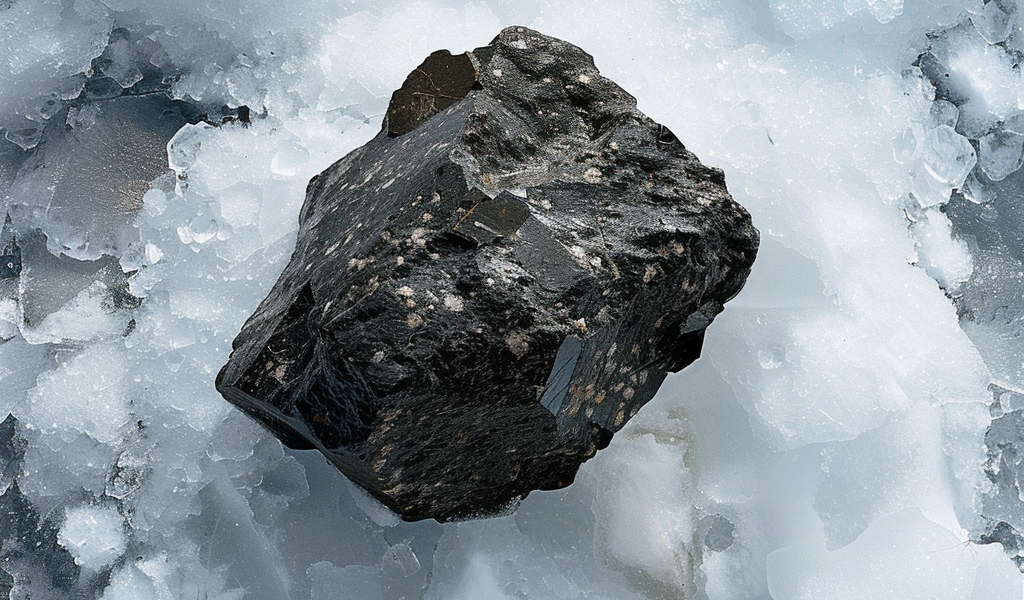Antarctic meteorites are under threat due to climate warming, a new study has found. The study, published in the Nature Climate Change journal, reveals that more than 60% of meteorite finds on Earth come from Antarctica. However, climate warming is causing many extraterrestrial rocks to be lost from the surface by melting into the ice sheet.
The research, conducted by Veronica Tollenaar, Harry Zekollari, Christoph Kittel, Daniel Farinotti, Stef Lhermitte, Vinciane Debaille, Steven Goderis, Philippe Claeys, Katherine Helen Joy, and Frank Pattyn, used a data-driven analysis to identify meteorite-rich sites in Antarctica. The findings indicate that approximately 5,000 meteorites become inaccessible per year at present, compared to around 1,000 finds per year. The study predicts that regardless of the emissions scenario, about 24% of meteorites will be lost by 2050, potentially rising to approximately 76% by 2100 under a high-emissions scenario.
Meteorites are valuable as they provide crucial information on the origin and evolution of our Solar System. Antarctica has been a prolific site for collecting meteorites, with over 60% of all approximately 80,000 meteorites ever found on Earth being collected at the surface of the ice sheet. These meteorites are found in blue ice areas, which are atypical zones covering about 1% of the Antarctic surface area where layers of snow and ice are removed from the surface, exposing meteorites that were once embedded in the ice.
Although not all blue ice areas contain meteorites, a concentration of meteorites is built up over tens to hundreds of thousands of years in areas where processes interact favorably, resulting in what are known as meteorite stranding zones. The study highlights that meteorites found in Antarctica are on average a few centimeters in diameter and have been easily detectable due to their visual contrast with the underlying ice. Over the past decades, an average of around 1,000 meteorites per year have been collected through numerous field campaigns, and the potential of Antarctic meteorites remains far from exhausted. In fact, a recent data-driven approach identified over 600 meteorite-rich areas in Antarctica, many of which are not yet fully explored.
The findings of this study raise concerns about the future of Antarctic meteorites and the potential loss of valuable extraterrestrial rocks due to climate warming. The researchers emphasize the need for continued monitoring and conservation efforts to mitigate the impact of climate change on these unique samples of extraterrestrial bodies.





